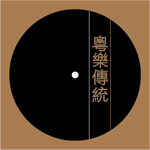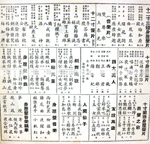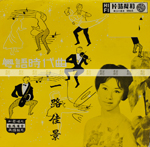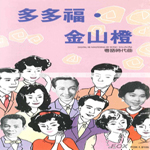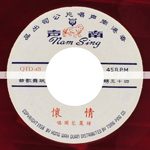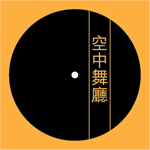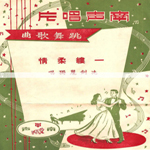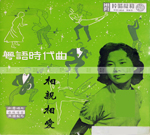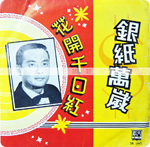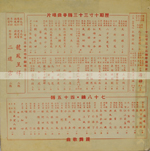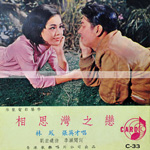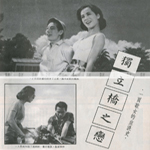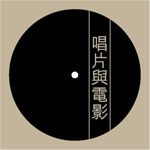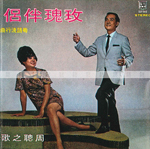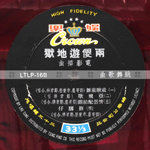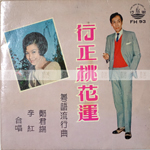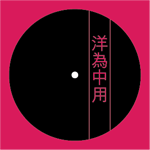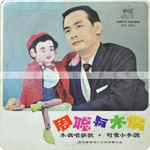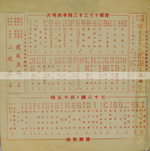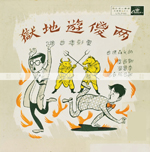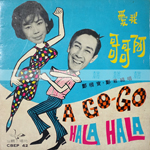In the time when Wong Jum-sum grew up, Cantonese pop music was but one of many kinds of music broadcast on radio. In a society where over 80% of the population spoke Cantonese, that came as a major surprise. Wong has a simple explanation for this. Cantonese pop grew out of traditional Cantonese music, but it could not build on the popularity of the latter in the face of severe competition. Compared to Western or Mandarin pop, it lagged behind in the areas of composition, lyrics, singing, accompaniment, recording, distribution, and marketing. Its competitors had a head start in talents, organization, and technology that took Cantonese pop more than a decade to come close.
Not everyone agrees with Wong’s diagnosis. Other scholars argue Canto pop, even in such early days, had a unique vibrancy that came from a healthy disregard of the boundaries among different traditions and genres, be they local or foreign. Early Canto pop laid a solid foundation for modern Canto pop, which went on to dominate not only Hong Kong but most Chinese communities around the world.
The story of Cantonese pop awaits careful re-writing.
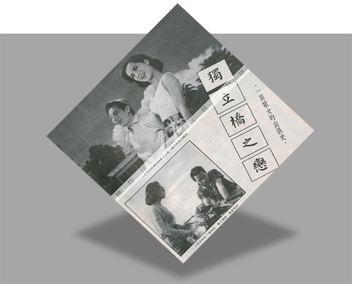

作曲:Gesang Martohartono
作詞:吳一嘯
主唱:林鳳
你去千萬里 對君心更堅
情郎之形永留
惟夢中可見君面
你我初會見 汽車一線牽
何期生起愛情
微妙間竟化情燕
我再與君共見面
鑽石扣針撮合幸運線
輕飄飄真似一夢
橋上笑窩香肩
愛結花並蒂 訂婚不變遷
符兒親手佩來
良夜中心醉情軟
煞那風共雨 愛之花化煙
情河翻起醋潮
為甚麼恩愛不念
我到海岸去 已經分兩邊
無言傷感送郎
遙望他使我腸斷
每每對畫落眼淚
那日與君似月又復圓
悲悽悽苦痛不盡
愁度百花春天
你去千萬里 對君心更堅
情郎之影永留
惟夢中可與郎見
